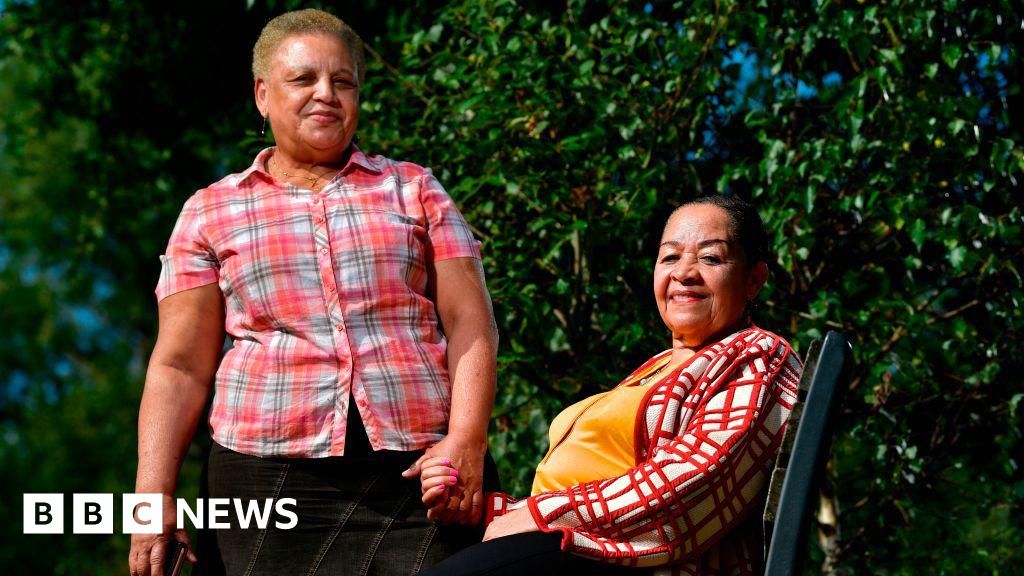Mosquitoes are usually associated with serious diseases, such as malaria, dengue fever and yellow fever. However, researchers from Leiden University Medical Center (LUMC) and Radboud University in the Netherlands may have found a valuable new role for the insects: as vaccine distributors.
Their scientists say they have successfully engineered mosquitoes to deliver vaccines that could potentially provide significantly enhanced immunity against malaria.
The World Health Organization’s most recent World Malaria Report revealed that an estimated 597,000 people died of malaria globally in 2023 with African countries bearing the brunt of the death toll – accounting for 95 percent of malaria fatalities.
Scientists estimated that more than 240 million malaria cases occur annually worldwide. Children and expectant mothers are the most vulnerable to the disease.
How does a mosquito-delivered vaccine work?
The vaccine employs a weakened strain of Plasmodium falciparum (P falciparum), the parasite that causes the deadliest form of malaria in humans.
“We have removed an important gene in the malaria parasite, still allowing the parasite to infect people but not making them sick,” explained vaccinologist Meta Roestenberg, professor of vaccinology and clinical head of the Controlled Human Infection Center at LUMC.
Typically, the malaria parasite is transferred to humans by a bite. The mosquito uses its long, needle-like mouth (called a proboscis) to pierce the skin, injecting its saliva into the bloodstream before sucking blood. Parasites in the saliva travel directly to the liver, where they rapidly reproduce, before leaving the liver to infect red blood cells with malaria. This leads to symptoms such as fever, chills and sweating.
In the clinical trial, the research team used mosquitoes carrying the modified parasite to deliver the vaccine via bites, mirroring the natural transmission of malaria. The goal: creating a strong immune response in the liver and protection from a malaria infection.
“Because the gene [is] turned off, this parasite cannot complete its development in the liver, cannot enter the bloodstream and thus cannot cause disease symptoms,” Roestenberg said. “At least that was the theory.”
How were the trials conducted?
The first trial tested an injectable malaria vaccine derived from a genetically modified parasite known as PfSPZ GA1. The collaborative study with Sanara, a US-based biotechnology company that develops vaccines, involved 67 participants from two cities in the Netherlands (Leiden and Nijmegen).
Results from the study, published in May 2020 in Science Translational Medicine, showed that the GA1 vaccine was safe to use and delayed the onset of malaria but did not prevent participants from getting the disease.
In the second trial, participants, none of whom had previously suffered from malaria, received mosquito-delivered versions of two vaccines – GA1 and a modified version of it, GA2. With the GA1 vaccine, the parasite replicated in the liver over 24 hours. With the GA2 vaccine, the parasite reproduced over a longer period of time – up to a week – which allowed the immune system more time to recognise and begin fighting it.
Researchers first tested doses of the GA2 vaccine on the participants to determine its safety and tolerability. Then participants were divided into three groups: Two groups tested the GA1 and GA2 vaccines, respectively, and one group was given a placebo.
In each of three sessions, participants received 50 bites from mosquitoes: eight by mosquitoes infected with GA1, nine by mosquitoes infected with GA2 and three by noninfected mosquitoes. Participants who completed the immunisation phase then received five bites from mosquitoes carrying the malaria parasite.
What were the results?
The results of the study were published in November in the New England Journal of Medicine.
According to the trial, 13 percent of the GA1-infected group and 89 percent of the GA2-infected group developed immunity from malaria. No one in the placebo group developed immunity.
Is further research needed?
Because the sample size of the clinical trial was small (20 participants), the GA2 vaccine still needs to be tested in larger studies, experts said.
More research is also needed to determine how well the GA2 vaccine boosts the immune system over longer periods of time and whether it can protect against different strains of the malaria parasite in areas where the disease is common.
“Using the mosquito as a vector is an easier and quicker way of delivering malaria sporozoites,” Roestenberg explained. “Of course, this is not sustainable in the long term, and so the product will have to be developed as a vialled vaccine to be rolled out in Africa.”
“Mosquitoes could not be implemented to deliver immunisations on a large scale. This is only feasible in the context of a clinical trial,” she added.
Have insects been used to deliver vaccines before?
Japan, 2010
In 2010, Japanese scientists genetically modified mosquitoes to carry a vaccine against leishmaniasis, a parasitic disease typically spread by sandflies, in their salivary glands. During a mosquito bite, the vaccine was expressed via its saliva.
The study showed rodents bitten by the “flying vaccinators” developed antibodies against the parasite. However, researchers have yet to determine if the resulting immune response is sufficient to prevent infection.
“Following bites, protective immune responses are induced, just like a conventional vaccination but with no pain and no cost,” lead researcher Shigeto Yoshida from Jichi Medical University said in a statement.
United States, 2022
In September 2022, a study involving 26 participants in Seattle, Washington, explored the potential of mosquitoes as vaccinators.
In a trial similar to the one conducted in the Netherlands, mosquitoes served as carriers for malaria-causing Plasmodium parasites that had been genetically weakened using CRISPR gene-editing technology. This was the first significant clinical trial using mosquitoes as a direct vaccine delivery system with genetically modified parasites.
The participants were first given the malaria vaccine and then given the malaria virus to see if the vaccine would protect them from getting malaria.
The mosquito-delivered vaccine was 50 percent effective with seven out of 14 participants contracting the disease.

 1 week ago
7
1 week ago
7










 English (US) ·
English (US) ·